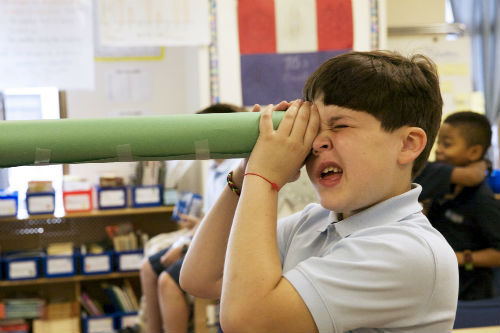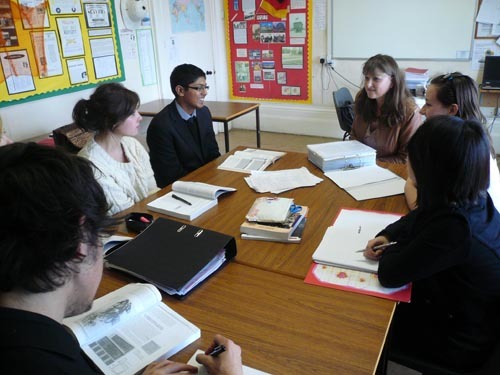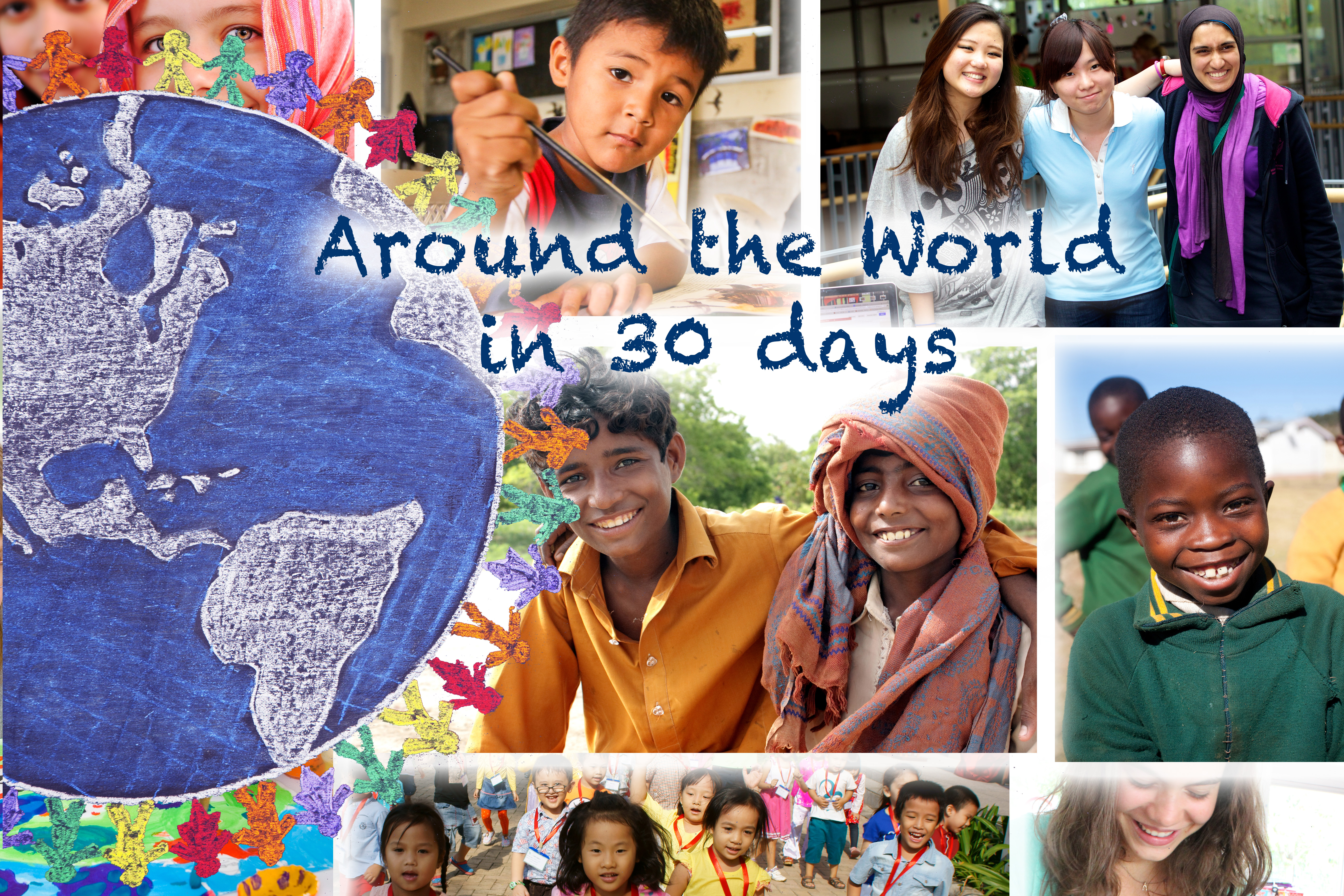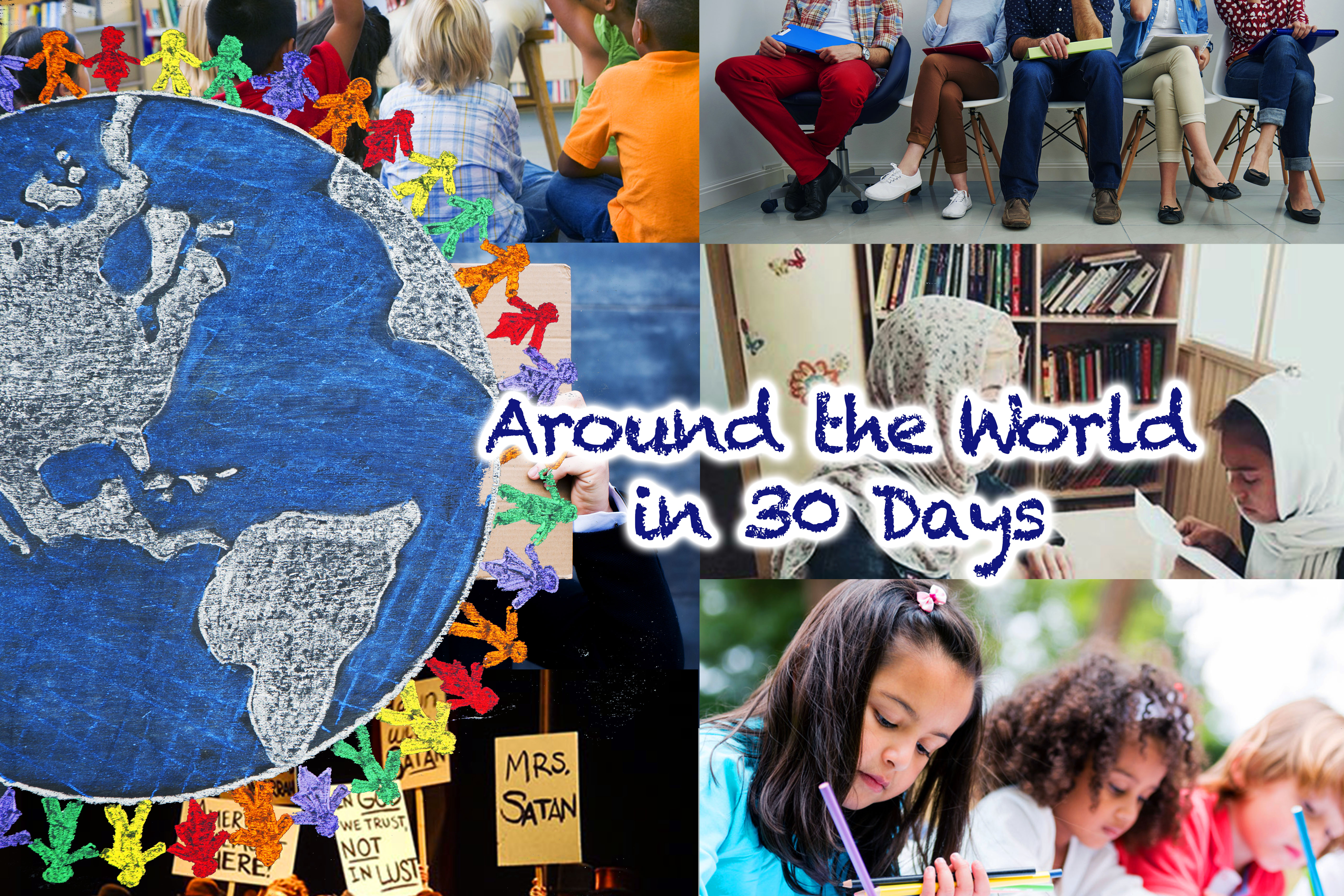C. M. Rubins Global Education Bericht
Im Mai, Ich setzte meine Gespräche mit Vordenkern aus China nach New York, die die widerstreit zwischen Kreativität überlappt für mich skizziert, Innovation, Reform, und Testen, und teilten ihre Bemühungen Verschmelzung zwischen ihnen zu schaffen. Mittlerweile, meine Top 12 Globale Lehrer Bloggers beigetragen, einige dringend benötigte Spitzen auf einer der heißesten Themen für diese Zeit des Schulkalenderjahr, d.h.. combating stress in the classroom.
According to the International Labor Organization, an agency of the UN, global unemployment stood at 201 million people in 2014, 1.2 million higher than in 2013, and that number is expected to rise to 212 million by 2019. The current worldwide unemployment rate among 15 zu 24 year-olds of 13%, which is also expected to increase, is almost 3 times higher than the overall unemployment rate. A mismatch of skills is believed to be a major factor.
“How do we best prepare students for the dramatic socio-economic demands of a digital world in a global age?” In the hope of finding answers to this question, I helped organize the Oppi Festival at Leman High School in New York City. Full of innovation and debate, the festival’s timely themes of Gender: It Matters, Global Collaboration, and Living: Die Kunst, allowed all its world-renowned participants to reflect deeply in a down-to-earth atmosphere on the future of learning. I sincerely hope there will be many more festivals like Oppi in cities all over the world. As to my question about preparing young people for the future, I greatly enjoyed the many perspectives shared, but especially the one from Andy Hargreaves: “by developing values that reconnect effort with reward; by creating the social capital of citizenship as well as the individual capital of entrepreneurship; and by making play and creativity the entitlement of all children.”
Aus Shanghai, Ich hatte das Vergnügen, Xu Jinjie zu treffen, (Dozent an der Shanghai Normal University) und Zhu Xiaohu (Doktorand, Assistenzprofessor – Institut für Grundlagenforschung, Shanghai Akademie für Erziehungswissenschaften) um einige Möglichkeiten zu besprechen, wie China das Beste aus Tradition und Innovation verbindet. Since Shanghai was top of the charts on the PISA 2009 Prüfung, it has been a worldwide destination for educators. Although exams are deeply rooted in their culture, they are opening up to reform and creativity: “Wir möchten den Schülern Zeit geben, ihre eigenen Interessen zu erkunden und ihre eigenen Lernentscheidungen zu treffen, and so we give them chances to do that.” Zhu Xiaohu comments. Zhu discussed a pilot for a new student achievement assessment, which will be more about producing student portfolios.
On route to the Education Fast Forward 13 Conference in Norway, it was also a great pleasure to connect with writer and teacher Howard Rheingold, a true Internet pioneer, who coined the term “virtuelle Gemeinschaften” in the 1980s. His long history with the web means that he has some amazing context to provide to the problems of the present, a time in which “anybody can ask any question anywhere and get thousands of answers within seconds.” Jedoch, Howard warns, that this information era requires that we do a lot of extra thinking work to process what information is good and bad. It requires the development of a skill he calls: “crap detection.” “Der Mangel an Kontrolle der Qualität der Information stellt die Belastung für den Empfänger von Informationen. Aber die Fallen und Ablenkungen sind nicht Aspekte der Technologie, so viel wie sie Aspekte des Know-how sind — es ist ein Alphabetisierungskrise, nicht ganz ein Technologiekrise.”
Zu guter Letzt – in light of the new AFT and Badass Teachers study of US teachers, d.h.. die Quality of Work Life Survey, Ich fragte meine Top Global Lehrer Bloggers, “Was sind die schnelle Wege, um in einem Klassenzimmer zu bekämpfen Lehrer Stress?” The answers included short-term solutions to put the teacher at ease, including taking breaks, exercising, and celebrating success, and teacher Craig Kemp’s suggestion that one cultivate a sense of humor. Richard Wells, andererseits, recommended long-term strategies, such as fostering a learning environment that encourages confident students. He gives some helpful ways to approach this including setting manageable personal goals for each student.

Begleiten Sie mich und weltweit renommierten Vordenkern wie Sir Michael Barber (Vereinigtes Königreich), DR. Michael Block (US-), DR. Leon Botstein (US-), Professor Ton Christensen (US-), DR. Linda Hammond-Liebling (US-), DR. MadhavChavan (Indien), Professor Michael Fullan (Kanada), Professor Howard Gardner (US-), Professor Andy Hargreaves (US-), Professor Yvonne Hellman (Niederlande), Professor Kristin Helstad (Norwegen), Jean Hendrickson (US-), Professor Rose Hipkins (Neuseeland), Professor Cornelia Hoogland (Kanada), Herr Jeff Johnson (Kanada), Frau. Chantal Kaufmann (Belgien), DR. EijaKauppinen (Finnland), Staatssekretär TapioKosunen (Finnland), Professor Dominique Lafontaine (Belgien), Professor Hugh Lauder (Vereinigtes Königreich), Herr Ken Macdonald (Vereinigtes Königreich), Professor Geoff Masters (Australien), Professor Barry McGaw (Australien), Shiv Nadar (Indien), Professor R. Natarajan (Indien), DR. PAK NG (Singapur), DR. Denise Papst (US), Sridhar Rajagopalan (Indien), DR. Diane Ravitch (US-), Richard Wilson Riley (US-), Sir Ken Robinson (Vereinigtes Königreich), Professor Pasi Sahlberg (Finnland), Professor Manabu Sato (Japan), Andreas Schleicher (PISA, OECD), DR. Anthony Seldon (Vereinigtes Königreich), DR. David Shaffer (US-), DR. Kirsten Sivesind (Norwegen), Kanzler Stephen Spahn (US-), Yves Theze (LyceeFrancais US-), Professor Charles Ungerleider (Kanada), Professor Tony Wagner (US-), Sir David Watson (Vereinigtes Königreich), Professor Dylan Wiliam (Vereinigtes Königreich), DR. Mark Wormald (Vereinigtes Königreich), Professor Theo Wubbels (Niederlande), Professor Michael Young (Vereinigtes Königreich), und Professor Zhang Minxuan (China) wie sie das große Bild Bildung Fragen, die alle Nationen heute konfrontiert erkunden.
Die Global Search for Education Community-Seite
C. M. Rubin ist der Autor von zwei weit Lese Online-Serie für den sie eine 2011 Upton Sinclair Auszeichnung, “Die globale Suche nach Bildung” und “Wie werden wir gelesen?” Sie ist auch der Autor von drei Bestseller-Bücher, Inklusive The Real Alice im Wunderland, ist der Herausgeber des CMRubinWorld, und ist ein Disruptor Foundation Fellow.
Folgen Sie C. M. Rubin auf Twitter: www.twitter.com/@cmrubinworld






Jüngste Kommentare